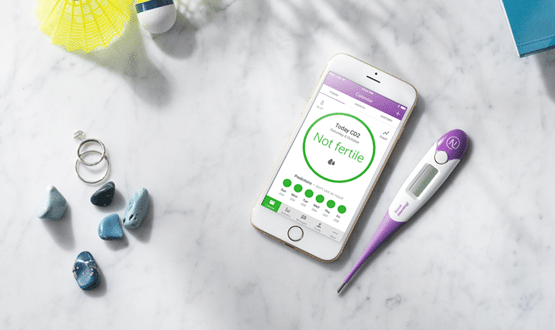Women’s digital health market forecast to hit £227m in 2024

The global market for women’s digital health technology will hit $297 million (£227m) in 2024 as device and service providers look to cash in on “one of the largest addressable markets” in digital health, according to a new report.
Market analysis firm R2G predicted that women’s digital health will grow at a rate of 22% CAGR over the next five years from today’s $112m (£85.7m), targeting 1.46bn women worldwide.
According to R2G, the worldwide addressable market for digital women’s health solutions is among the largest in digital healthcare. There were one billion women with a mobile device capable of using a digital women’s health solution at the end of 2019, the firm said.
Digital women’s health solutions refer to software (apps, websites, databases), connected devices or sensors, and related services – such as coaching and data – that support women of reproductive and post-reproductive age.
According to R2G, digital health suppliers began monetising this opportunity at the beginning of the app economy, about ten years ago. Today, the main revenue sources are advertisements and the sales of digital content and premium features, it found.
In the next five years, solution providers will also concentrate on new revenue streams, such as sales of connected medical devices, digital coaching services, and bundled digital packages to drive further market growth.
Ralf Jahns, managing director of R2G, said: “Today it is a very consumer-oriented market, with vendors monetising like entertainment or game vendors by using digital content subscription, in app advertisement or promotion.
“This will change and become similar to other digital health segments, such as diabetes or mental health. As a consequence, we will see more payer services, consumer coaching or connected devices being offered by digital women’s health solution providers in the years to come”.
The report, Global Market of Digital Women’s Health Solutions (2017 – 2024), analysed currently available digital solutions alongside market size, adoption rates and usage, and examined this against leading strategies and performance, market opportunities and market trends in different countries.
‘Little sign of integration’
R2G found that the women’s digital health market was currently divided into five segments: fertility management, prenatal care, postpartum support, menopause management and gynaecological support.
It also found that most of the 3,000 digital women’s health solutions available today offered fertility, prenatal and/or postpartum services, adding that the major market segments showed “little sign of integration”.
All other segments were determined to be “niche” markets.
Oleksiy Danilin, senior analyst at R2G, said: “We see that the strict segment focus of today’s leading offerings will diminish in the next years. Vendors will start retaining women by addressing their issues at different stages of their reproductive cycle, with fertility apps used as a funnel channel for pregnancy and early parenting solutions.”
Privacy International has previously called on developers of women’s health apps to undertake in-depth privacy and risk impact assessments as well as limit the data collected to what is strictly necessary following an investigation that found period tracking apps were sharing sensitive medical data with Facebook.
The UK-based advocacy group found data including menstruation frequency, use of contraception and symptoms like blood pressure and acne, were being shared directly with the social media company. In some cases, data was shared from the moment a user opens the app.
Under GDPR app developers have to provide users with adequate information on how their personal data is used, but if the app is based outside of the EU different privacy regulations apply. Privacy International urged women to be aware of this before entering personal information into an app.



